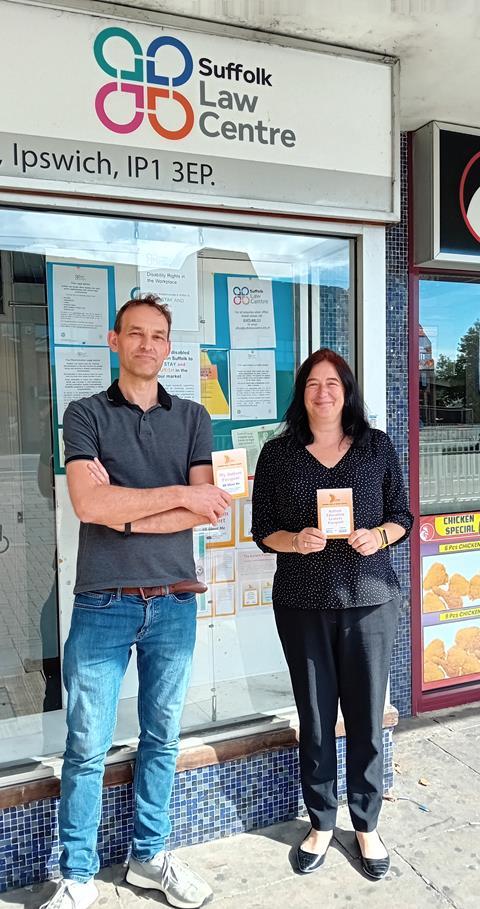A law centre has developed a ‘passport’ to support young people with autism secure employment - and hopes its early intervention work will also lead to fewer employment tribunal disputes.
According to Office for National Statistics data, one in five working adults are disabled and 21.7% of all autistic people are in employment in the UK, making them the least likely disabled group in employment.
To change this, Suffolk Law Centre has developed, in collaboration with the Disability Advice and Welfare Network, the Autism Education Leavers Passport. The passport provides guidance on education health and care plans, financial information, applying for jobs, preparing for interviews and understanding their rights.
The passport supplements a separate autism passport developed by the Disability Advice and Welfare Network to support autistic people inform employers, hospitals, police stations and other services on reasonable adjustments they require to help with communication.
Read more
The law centre was awarded a three-year grant from Barings Community Foundation to tackle disability discrimination in the workplace in Suffolk and identified a gap in support for 16–25-year-olds.
The law centre’s Julie Baker, a discrimination law caseworker, said: ‘When we met with young autistic people, they didn’t understand their legal rights. They didn’t know about reasonable adjustments. They didn’t know that extended to the interview process for gaining employment as well as within the workplace.’

The law centre hopes the passport will help young people feel confident in disclosing their disability – and help employers understand more about reasonable adjustments.
Baker noted that clients tend to approach the law centre when things go wrong, such as when they are about to be made redundant. ‘We want to intervene earlier so they do not reach that point.’
Baker's colleague, discrimination law solicitor Richard Hinton, said: ‘As soon as you write a letter to the employer, the barrier goes up and it becomes contentious. We want to do away with the need for litigation and employment tribunals because autistic people are not being supported.’
Since the passport was unveiled, the law centre has been inundated with emails. Those requesting a copy of the passport include former lord chancellor Robert Buckland, who chaired a review for the government on autism employment.
This article is now closed for comment.



























2 Readers' comments